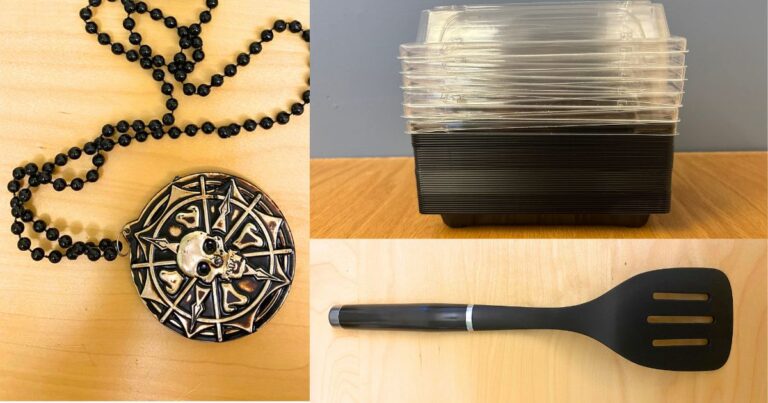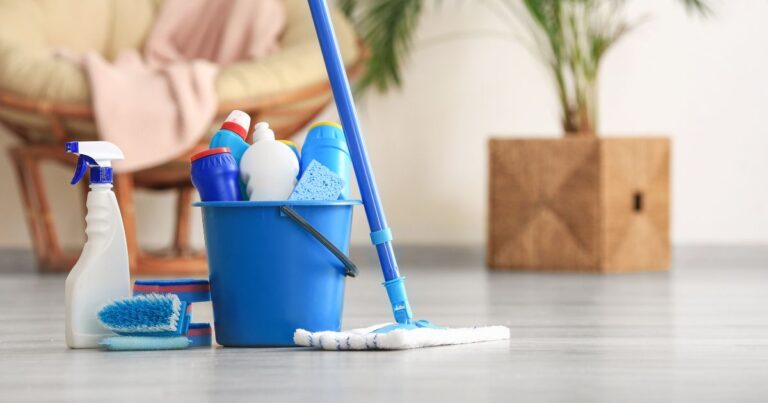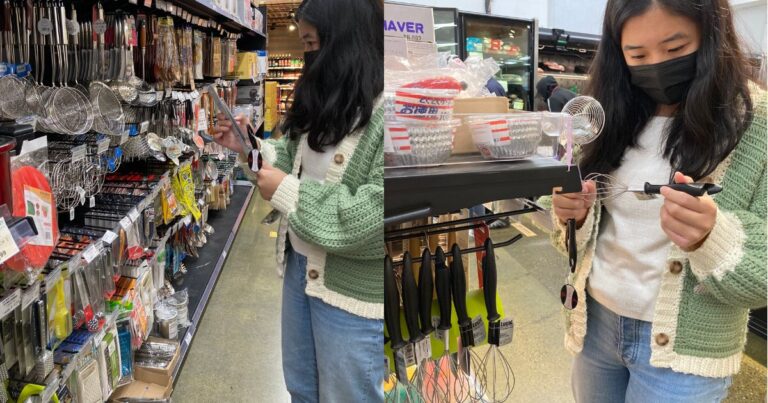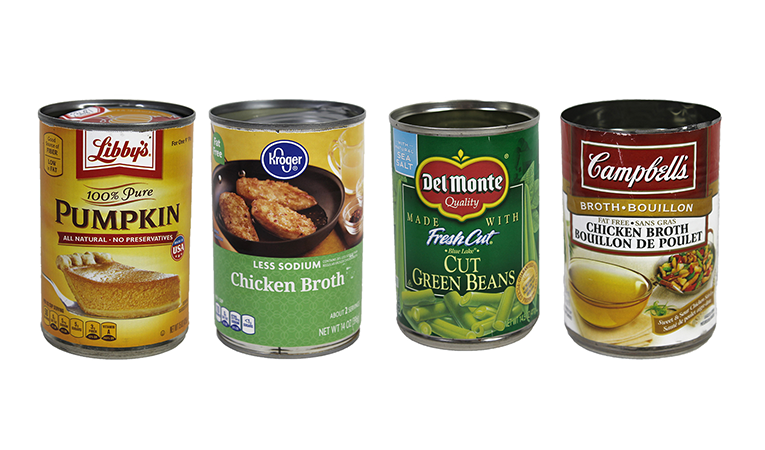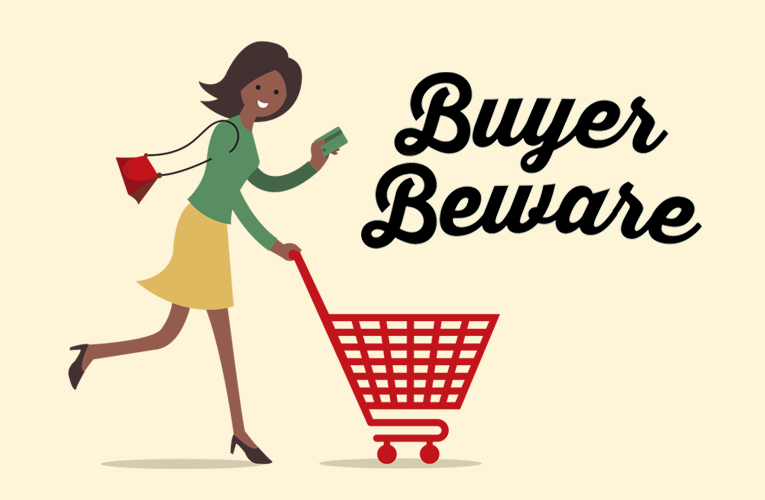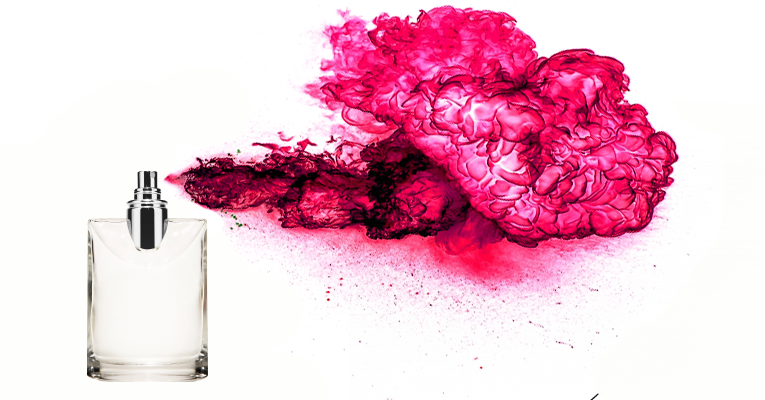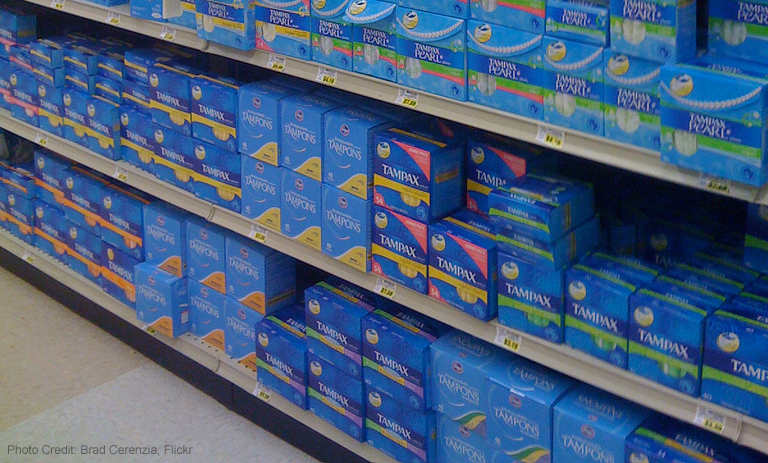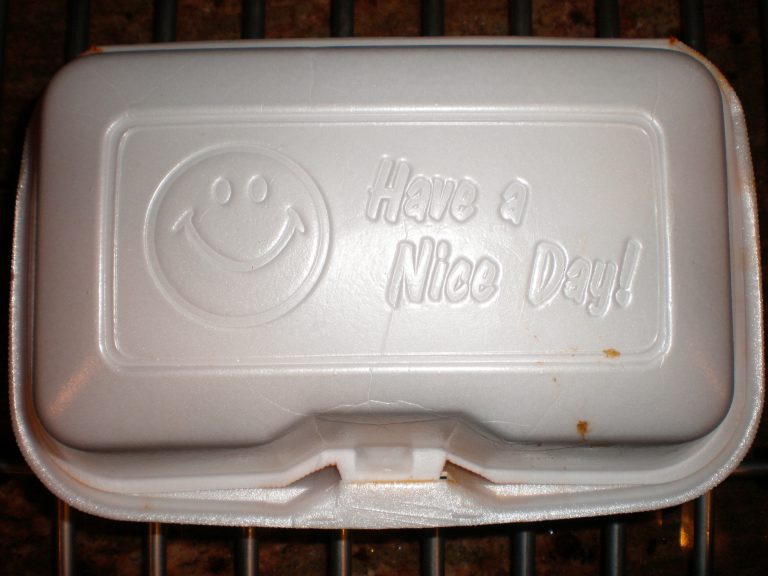Ban styrene and polystyrene plastics
What are polystyrene plastics?
Polystyrene plastics are a type of thermoplastic made from styrene—a carcinogen made from other highly hazardous chemicals benzene and ethylbenzene.
Common uses of polystyrene include food packaging, toys, electronics, and building materials. Polystyrene comes in two forms, rigid and foam, with the latter commonly referred to by its trade name, Styrofoam. Rigid forms of polystyrene include expanded polystyrene (EPS), extruded polystyrene (XPS), and high-impact polystyrene (HIPS).
The Problem
From production and use to disposal, polystyrene poses serious threats to human health and the environment, exposing low-income communities and communities of color, workers, and consumers to dangerous chemicals.
Making polystyrene threatens our communities, health, and climate
Polystyrene exposes children, pregnant women, and consumers to toxic additives
Production and disposal disproportionately harm vulnerable communities
Polystyrene is harmful to the end
The Solution
Now is the time to advance meaningful common-sense government and corporate policies to ban polystyrene. To prevent toxic pollution and exposures and address environmental justice concerns and the climate crisis, governments and companies must adopt comprehensive safer chemicals policies to reduce and eliminate the production, use, and disposal of the toxic chemicals involved in polystyrene’s lifecycle and of polystyrene itself, while at the same time advancing the use of safer chemicals and materials.
The good news is that safer alternatives are readily available.
The good news is that safer alternatives exist.
- Reducing plastics is the first step. There are many unnecessary uses of polystyrene plastics, from packaging to hair accessories.
- Many safer, biodegradable options for packaging exist, such as recycled paper/cardboard, bagasse, bamboo and bamboo leaf, palm leaf, paper fiber, wheat fiber, and wood.
What's happening now?
Updated as of September 27, 2024
Safer solutions are not only in reach, but governments and corporations around the world have enacted or are considering policies to phase out polystyrene and switch to safer products.
Retailer commitments
- Major retailers have taken steps to eliminate polystyrene to move towards their sustainability goals. McDonalds stopped using Styrofoam in sandwich packaging in 1990, but committed to fully eliminating polystyrene foam packaging (e.g. cups and takeout containers) globally in 2018. In 2020, major fast-food chain Dunkin’ Donuts banned polystyrene cups.
State policies
- As of 2024, six states banned all uses of Styrofoam: ME, MD, NJ, VT, CO, and WA. An additional four states have passed bans that will begin starting in 2025: CA, DE, OR, and RI.
- Washington state has banned expanded polystyrene (EPS) packing peanuts, loose fill packaging, portable coolers, and food service products. They are also considering regulations for Benzene, Toluene, Ethylbenzene and Xylene (BTEX) substances through its Safer Products for Washington law, which could include additional bans on polystyrene.
- New York has also banned EPS foam containers and loose fill packaging.
Federal policies
- Currently, styrene is not regulated under the Toxic Substances Control Act (TSCA), but in March of 2024, the EPA proposed styrene as a priority chemical to undergo risk evaluation.
International policies
Countries across the world have banned polystyrene in recent years. Some examples include Canada, Chile, Peru, and Caribbean islands including Saint Lucia and Barbados in the Western Hemisphere; the European Union; Kenya, Seychelles, and Zimbabwe in Africa; India, Thailand, and Taiwan in Asia; New Zealand, and a number of Pacific Islands including Samoa, Tuvalu, and Vanuatu.
BAN STYRENE AND POLYSTYRENE PLASTICS
Our Key Projects & Priorities
Toxic-Free Future is working to advance common-sense corporate and governmental policies to ban this dangerous plastic and advance safer solutions for communities, workers, and consumers.
Safer Products for Washington Act
In 2024, Washington state announced a proposal to identify benzene, toluene, ethylbenzene, and xylene (BTEX) substances as a priority chemical class as part of the next cycle of regulations in the Safer Products for Washington law, the nation’s strongest law regulating toxic chemicals in products and packaging. Washington state has a ban on some polystyrene packaging, but should ban the use of ethylbenzene to make all plastic packaging.
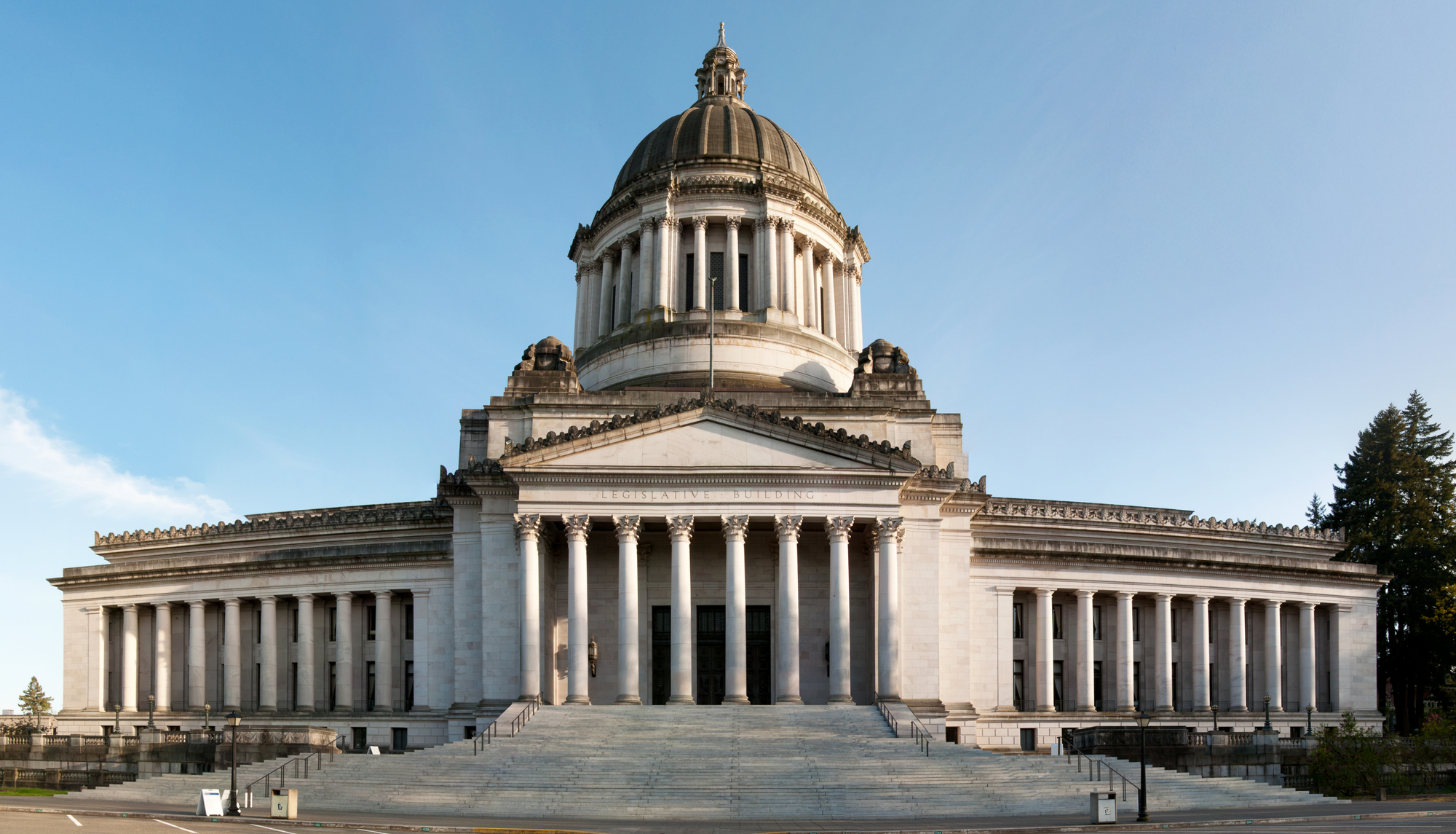
What is the truth about recycling?
When it comes to plastic, it’s now abundantly clear that recycling can’t turn plastic into a safe and sustainable material. The only real solution is to reduce our reliance on plastic by moving to safer and reusable materials.
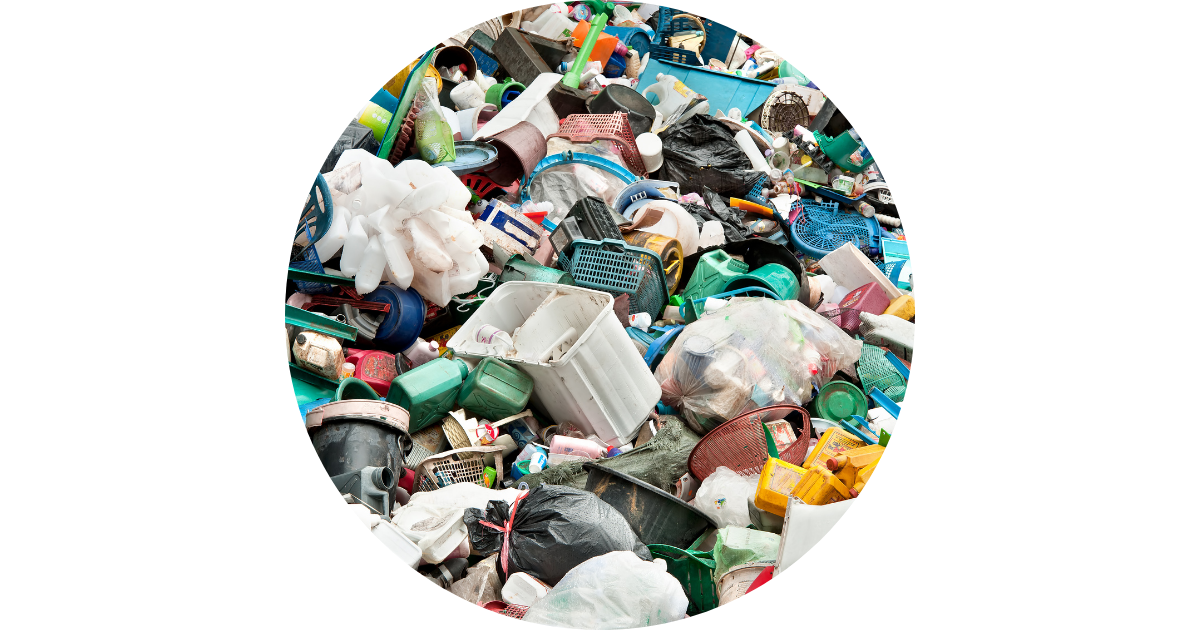
Latest news on styrene and polystyrene plastics
